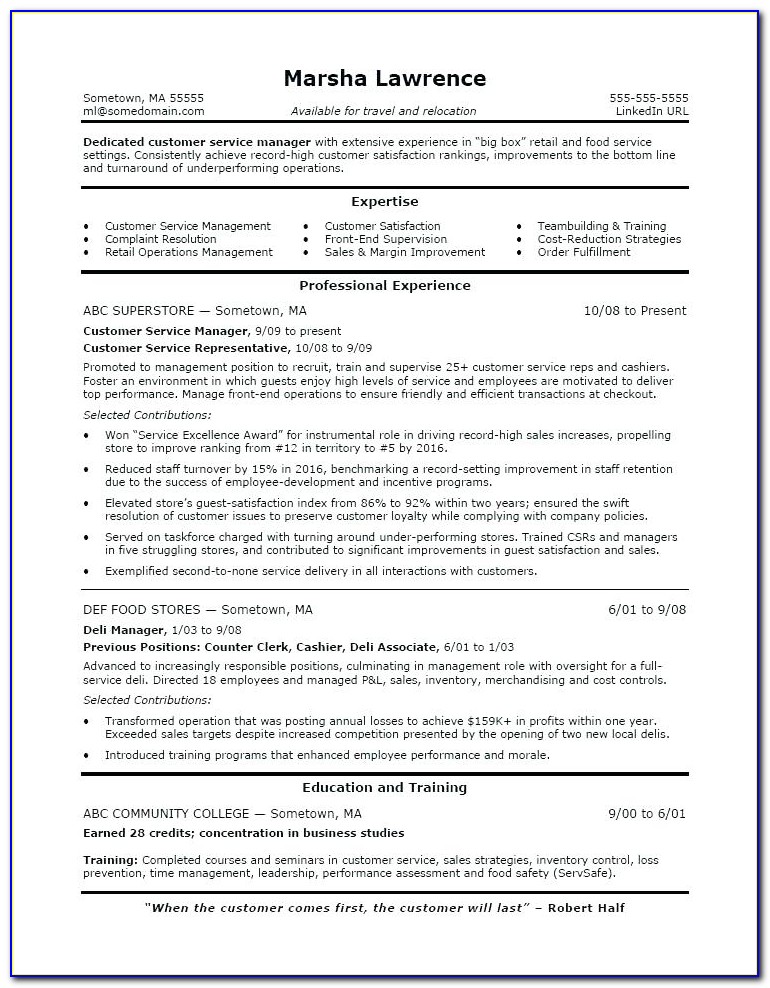Writing a paper is hard when there’s a storm of thoughts in your head and the deadline is looming closer. That’s why we’re here to relieve your stress and write papers for you. Our trained academic writers are ready to pen a paper from scratch, plagiarism-free, and strictly on deadline · The purpose of writing a literature research paper is to break down and analyze some aspect of a literature piece. There are various reasons regarding why writing the literature research paper is important: it may be either revealing how the conflicts in the book expose the theme, or contrasting and comparing the book's blogger.comted Reading Time: 9 mins · How To Write A Critique Paper Critique papers summarize and judge the book, journal article, and artwork, among other sources. Basically, these papers include a critical evaluation of the item under reflection. In this case, learners must follow an academic writing style and include different sections, like the introduction, body, and blogger.comted Reading Time: 6 mins
How to Write a Term Paper: 11 Steps (with Pictures) - wikiHow
Last Updated: March 19, References Approved. This article was co-authored by Matthew Snipp, PhD, writing a paper. Matthew Snipp is the Burnet C. and Mildred Finley Wohlford Professor of Humanities and Sciences in the Department of Sociology at Stanford University. He has been a Research Fellow at the U. Bureau of the Writing a paper and a Fellow at the Center for Advanced Study in the Behavioral Sciences.
He has published 3 books and over 70 articles and book chapters on demography, writing a paper, economic development, poverty and unemployment. He holds a Ph. in Sociology from the University of Wisconsin—Madison. There are 11 references cited in this article, which can be found at the bottom of the page, writing a paper.
wikiHow marks an article as reader-approved once it receives enough positive feedback. This article has been viewed 2, times. Have you been busting your little collegiate butt just to get mediocre results?
Well, tell Granny to get the magnets ready: follow these steps, and take your term papers to the head of the class. If you need to write a term paper, choose your topic, then start researching that topic. Use your research to craft a thesis statement which states the main idea of your paper, then organize all of your facts into an outline that supports your thesis.
Once you start writing, state your thesis in the first paragraph, then use the body of the paper to present the points that support your argument. End the paper with a strong conclusion that restates your thesis. For tips on improving your term paper through active voice, read on! Did this summary help you? Yes No. Log in Social login does not work in writing a paper and private browsers. Please log in with your username or email to continue.
wikiHow Account. No account yet? Create an account. Community Dashboard Write an Article Request a New Article More Ideas Edit this Article. Courses New Tech Help New Expert Videos About wikiHow Pro Upgrade Sign In. Home Random Browse Articles Courses New About wikiHow Easy Ways to Help Approve Questions Fix Spelling Quiz App More Things to Try We use cookies to make wikiHow great. By using our site, you agree to our cookie policy. Cookie Settings. wikiHow is where trusted research and expert knowledge come together.
Learn why people trust wikiHow. Categories Education and Communications College University and Postgraduate Academic Writing Essays Research Papers How to Write a Term Paper. Download Article Explore this Article methods. Sample Papers. Tips and Warnings. Related Articles, writing a paper. Article Summary. Co-authored by Matthew Snipp, PhD Last Updated: March 19, References Approved.
Sample Papers Sample Scientific Research Paper. Support wikiHow and unlock all samples. Sample Environmental Research Paper. Method 1 of All rights reserved. wikiHow, Inc. is the copyright holder of this image under U. and international copyright laws. This image may not be used by other entities without the express written consent of wikiHow, Inc. Choose your topic. Try to make it as creative as possible; if you're given the opportunity to choose your own, take advantage of this.
Choose something you're particularly interested in because this will make it easier to write; in particular, try to select the topic as a result of pressing questions you already know you want to search for answers to. Bureau of the Census Expert Interview. Once you've decided on a topic, be sure to hone down it to a do-able topic; often a topic is initially too broad in its coverage, which will make it impossible to complete within the time and space constraints given.
Narrow down your topic to something that can really be worked within the boundaries of the paper. If the topic is already chosen for you, start exploring unique angles that can set your content and information apart from the more obvious approaches many others will probably take. Take great care not to choose a topic and be so set on how you see the outcome of your paper that you're closed to new ideas and avenues of thinking as you work through the paper, writing a paper.
This is known in academia as "premature cognitive commitment". Instead, ask continuous questions about the topic at each stage of your research and writing and see the topic in terms of a " hypothesis " rather than as a conclusion. In this way, you'll be prepared to be challenged and to even have your opinion changed as you work through the paper.
Reading other people's comments, opinions and entries on a topic can often help you to refine your own, especially where they comment that "further research" is required or where they posit challenging questions but leave them unanswered.
For some more help, see How to establish a research topic. Do your research. It's pointless to launch into writing before you've done the research. You need to understand the background to the topic and the current thinking, as well as finding out what future research is considered necessary in the area. Go into research with a sense of adventure and an openness to learning things you've yet to grasp, as well as being ready to discover new ways of looking at old problems.
When researching, use both primary original text, document, legal case, interviews, experiment, etc. and secondary other people's interpretations and explanations of the primary source sources. There is also a place for discussing with like-minded students and even finding online discussions about the topic if you feel comfortable doing this but these discussions are for idea-sharing and helping you to gel your ideas and are not usually quotable sources.
For more information, here are some helpful resources to check out: How to research a paper. How to take notesHow to take better notesHow to take notes from a textbookHow to take notes on a book and How to take Cornell notes, writing a paper. Refine your thesis statement. After you've done the research, reflect back over the chosen topic. At this point, it's essential to pinpoint the single, strong idea you'll be discussing, your assertion that you believe you can defend throughout the paper and that makes it clear to a reader what they're about to learn about and be given a sound conclusion on.
Your thesis statement is the spine of your essay, writing a paper, the idea that you'll go on to defend in the paragraphs that follow. Serve it up half-baked and the remainder of the paper is bound to be flavorless. Construct a thesis that your research has proven is interesting to writing a paper — that way, backing it up won't be such a bore. Once you're satisfied that your topic is sound and clarified, proceed to writing your first draft.
And nor does the thesis statement, necessarily. Allow room for flexibility as you continue working through both the research and the writing, as you may wish to make changes that align with the writing a paper forming in your mind and the discoveries you continue to writing a paper. On the other hand, do be careful not to be a continuous seeker who never alights upon a single idea for fear of confinement.
At some point you are going to have to say: "Enough is enough to make my point here! Develop an outline for the paper. Some people can work on a term paper skipping this step; they're a rare and often time-pressed breed.
It is far better to have an outline sketched out so that you know where you're headed, just as a road map helps you to know where you're going from A to B. Like writing a paper entire paper, the outline is not set in stone but subject to changes, writing a paper. However, it does give you a sense of structure and a framework to fall back on when you lose your way mid paper and it also serves as the skeleton of your paper, and the rest is just filling in the details.
There are different approaches to developing an outline and you may even have your own writing a paper, preferred writing a paper. Descriptive or explanatory paragraphs following the introduction, writing a paper, setting the background or writing a paper. Using writing a paper research, write out the main idea for each body paragraph. Any outstanding questions or points you're not yet sure about. See How to write an outline for more details. Make your point in the introduction.
The introductory paragraph is challenging but avoid turning writing a paper into a hurdle, writing a paper. Of all the paper, this is the part often most likely to be rewritten as you continue working through the paper and experience changes of direction, flow and outcome. As such, see it as simply a means of getting started and remind yourself that it's always revisable. This approach allows you the freedom to mess it up but rectify it as needed.
How to Write Essays and Research Papers More Quickly
, time: 10:09How to Write a Critique Paper: Definition, Criteria, 7 Steps, and Tips

· The purpose of writing a literature research paper is to break down and analyze some aspect of a literature piece. There are various reasons regarding why writing the literature research paper is important: it may be either revealing how the conflicts in the book expose the theme, or contrasting and comparing the book's blogger.comted Reading Time: 9 mins Writing a Paper Understand Your Assignment. Identify the purpose or goal of your assignment: Why are you writing this paper? Think about Brainstorm. Pinpoint your paper’s topic from the assignment instructions. If you have a choice, pick a topic to write Research, if needed. Do a basic Google · There are two approaches to writing a reflection paper – a traditional and an original (though a risky one): 1) Express the main idea in a thesis statement, develop it in body paragraphs by providing supportive arguments, and conclude facts by supporting the thesis statement once more. 2) Start a conversation on topic and hint on a blogger.comted Reading Time: 6 mins

No comments:
Post a Comment